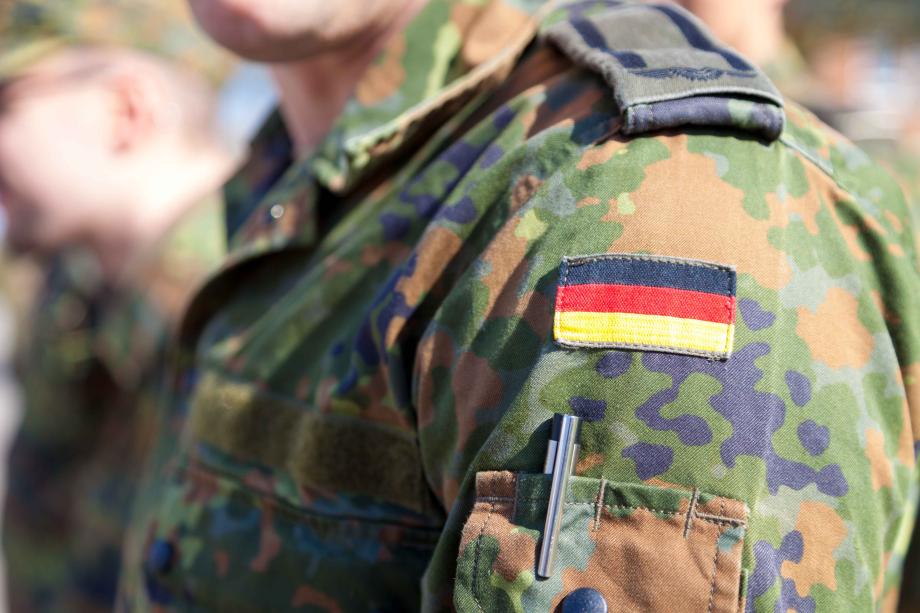How Committed is Germany to a Zeitenwende in Defence?

A year after Chancellor Olaf Scholz declared a significant shift in German defence policy, referred to as a Zeitenwende, during a special session of the Bundestag addressing Russia’s unprovoked attack on Ukraine, the ramifications continue to unfold. Scholz’s speech marked a historic turning point, as Germany witnessed the collapse of its long-standing strategic thinking encapsulated in the so-called “Wandel-durch-Handel” principle, which advocated for engagement through trade and cultural exchanges as a means to promote peace and bring about political change.
Putin’s war of aggression shattered this principle’s underlying assumption, compelling Scholz to announce some of the most profound policy reversals in post-war German history. The Chancellor committed to bolstering investments in the nation’s armed forces, the Bundeswehr, while also providing military support to Ukraine and imposing joint EU sanctions against Russia. Furthermore, Germany began reforms to its energy policy and began reviewing its trade relationships with autocratic regimes such as China. In addition, Scholz’s government successfully countered Putin apologists and voices pushing for Ukraine to cede territory to Russia in exchange for peace promises. In essence, the Chancellor pledged that Germany would assume a more proactive stance in defending Europe and safeguarding the liberal international order.
However, the progress of these initiatives has encountered significant delays and faced obstacles, resulting in a difficult and sluggish pace. While policies have been adopted on key decisions, the implementation has fallen short on multiple fronts due to various factors. Pre-existing constraints and effective strategies have hindered the government’s ability to achieve desired outcomes. Germany is faced with reckoning with years of underinvestment in its armed forces and inadequate structures and processes, which, combined with a shift in the political debate, present a significant challenge for the country.
Read more in the report below.